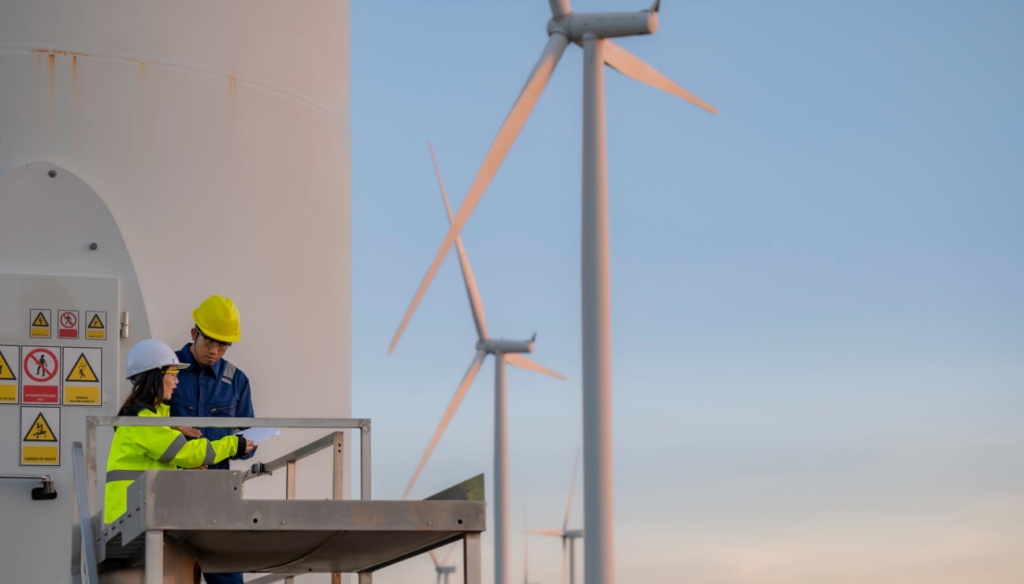
Investment in renewables reached record highs in 2022

By Anders Lorenzen
The world invested a record-high amount in renewables in 2022, a report from the International Renewable Energy Agency (IRENA) has found.
It revealed that the global investments in renewable energy as well as energy efficiency reached $ 1.3 trillion in 2022 – this is up a whopping 19% compared to 2021 levels.
The report was jointly produced by IRENA and the Climate Policy Initiative (CPI). It also found that investment in renewables alone reached $0.5 trillion in 2022, another record-high. However, it is still below the investments required each year between 2021 and 2030 if we are to meet the goal of staying on track to limit temperature increases to 1.5 degrees C.
Greater efforts must be made
Irena says efforts must be made to scale up investments in off-grid renewable energy solutions, as the report also found that the investments fall below the 2030 Sustainable Development Goals. It is vital that the gap must be plugged to reach universal energy access and improve livelihoods and welfare. Renewables and, in particular solar, offer the best solution to electrify communities who do not have access to a centralised grid system.
The report also identified that investments are concentrated in a few specific technologies. Based on preliminary figures, it seems that solar PV attracts the largest share at around 43%, followed by onshore wind at 35% and offshore wind at 12%. IRENA argues that the best way to support the energy transition is for more funds to go to less mature technologies, as well as to other sectors beyond electricity such as heating, cooling, and system integration.
By comparing renewables financing across countries and regions, the report shows some glaring disparities have grown significantly over the course of the last six years. The largest share of the world’s population who live in developing and emerging countries only received 15% of global investments in 2020, with Sub-Saharan Africa between 2000 and 2021 receiving less than 1.5%. It also emphasised that lending to developing economies to deploy renewables must be reformed, and that public financing must play a stronger role.
IRENA Director-General, Francesco La Camera commented: “For the energy transition to improve lives and livelihoods, governments and development partners need to ensure a more equitable flow of finance, by recognising the different contexts and needs. This joint report underscores the need to direct public funds to regions and countries with a lot of untapped renewables potential but find it difficult to attract investment. International cooperation must aim at directing these funds to enabling policy frameworks, the development of energy transition infrastructure, and to address persistent socio-economic gaps.”
IRENA also cautioned that following on from the COVID-19 hiatus, investments in fossil fuels have started to increase again, with some large multinational banks having increased their lending to fossil fuel projects. The phasing out of fossil fuel subsidies is not happening fast enough and in some countries they are increasing as they doubled in 2021 in 51 countries.
In addition, analysis of the European energy market has found that, following Russia’s invasion of Ukraine, many countries have gone back to using more fossil fuels, with many stressing it is only a temporary measure.